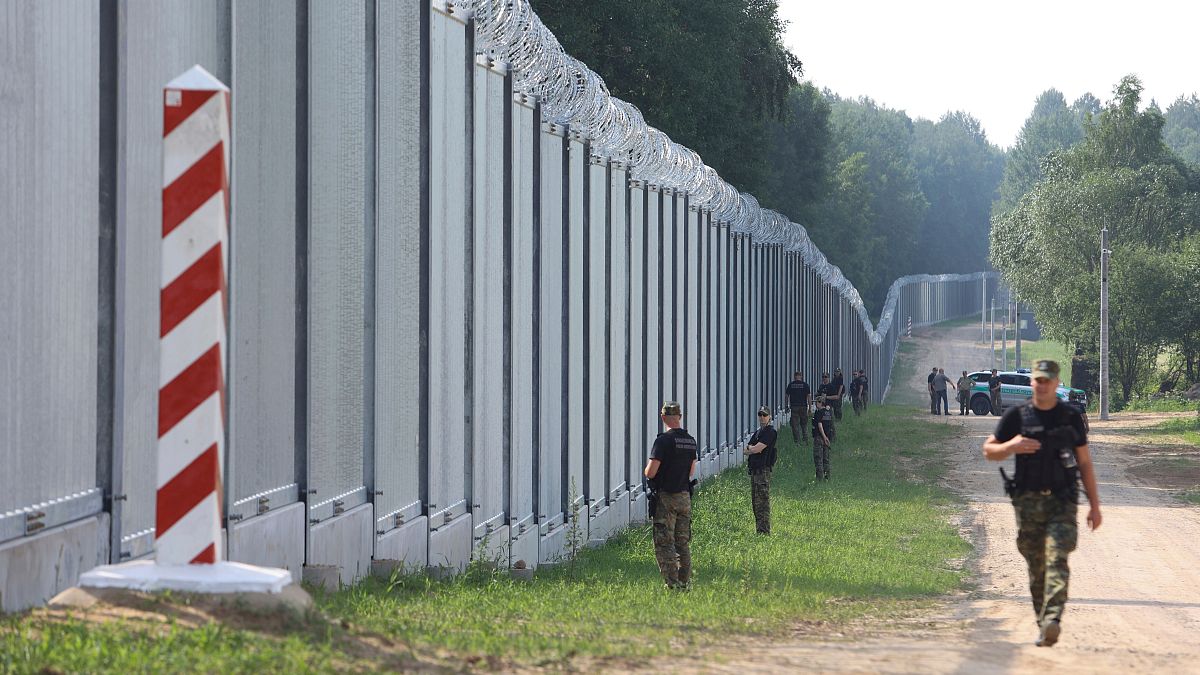The Polish border with Belarus has been a site of conflict between law enforcement and migrants travelling eastward. The recent decision by Germany to impose temporary border checks has put additional pressure on Poland. Polish Prime Minister Donald Tusk has proposed a strategy to temporarily suspend the right to apply for asylum in the country as part of a broader plan approved by his Civic Coalition party. However, NGOs both in Poland and abroad have criticized this proposal, arguing that it will not address the underlying issues at the border.
The plan put forward by Prime Minister Tusk includes limiting the number of people who can apply for a visa, making it harder to obtain a Polish passport, and introducing programs to help migrants integrate into Polish society. The strategy also calls for the European Union to allow member states to temporarily suspend asylum applications, a move that has raised concerns from the European Commission. Tusk’s government sees this plan as a necessary response to the crisis at the border with Belarus, where there have been reports of deaths and brutal pushbacks of refugees.
NGOs working at the border have expressed skepticism about the effectiveness of Tusk’s proposal. They argue that suspending the right to asylum will do little to address the challenges faced by migrants attempting to cross into Poland. Some humanitarian workers fear that tightening measures will only make the process more dangerous for asylum seekers, putting them at risk of falling prey to human traffickers. The Council of Europe’s Group of Experts on Action Against Human Trafficking has warned that migrants stranded at the border are particularly vulnerable to exploitation.
Amnesty International has also criticized Tusk’s plan, stating that it endangers the rights of those who may have been subjected to violence or trafficking. While the government has stated that legitimate asylum claims will still be treated favorably, NGOs are concerned about the lack of details on how this will be implemented. Tusk has been critical of other countries’ efforts to strengthen their borders, warning that measures like Germany’s decision to introduce border checks can create obstacles for legitimate travellers without addressing the root causes of irregular migration.
Migration is expected to be a key topic at an upcoming summit for European leaders, where Italy’s agreement to send migrants to offshore processing centers in Albania has drawn attention. As tensions continue to rise at the Polish-Belarusian border, the need for a coordinated and humane response to migration challenges remains critical. NGOs and humanitarian groups are calling on policymakers to prioritize the safety and well-being of asylum seekers and address the root causes of forced migration in a holistic manner.











